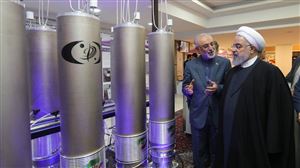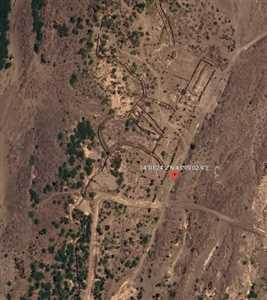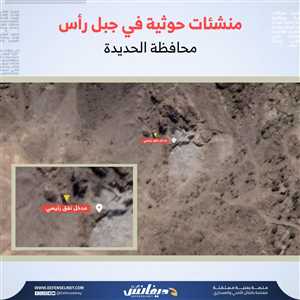“Iran’s Shadow Strategist… Abu Ali Al-Hadrami Returns to Reshape Power Dynamics in Hadramout”
Abu Ali Al-Hadrami, one of the most controversial figures in southern Yemeni politics, has resurfaced in Hadramout after years of silence, igniting renewed tensions and shifting tribal and political balances in the region. Al-Hadrami, long associated with Ali Salem Al-Beidh and Aidarus Al-Zubaidi, is once again facing allegations of deep ties with Iran and Hezbollah.
Following the 1994 war, Al-Hadrami was part of Al-Beidh’s inner circle and reportedly received training in Beirut under Hezbollah supervision. His role in establishing the “Hatem Movement” alongside Al-Zubaidi in 1996 strengthened accusations that he served as a liaison between Iran and regional proxies.
Appointed briefly as advisor to the Aden governor in 2016, Al-Hadrami’s name became linked to secret prisons, torture allegations, and covert security networks. His recent public appearance in Hadramout, during which he sharply criticized local tribal and political actors, has escalated tensions—particularly with the influential “Hadramout Tribal Alliance.”
Analysts believe his return signals a new phase in the UAE-backed Southern Transitional Council’s attempt to consolidate full control over Hadramout. Meanwhile, Saudi-aligned tribes view his reappearance as a direct threat to regional stability.
Saudi activists on social media renewed accusations portraying Al-Hadrami as “Iran’s operative in southern Yemen,” circulating old footage and claims about his activities in Beirut, Damascus, and Aden.
Experts warn that the re-emergence of Abu Ali Al-Hadrami represents more than a political comeback—it could mark the beginning of a broader struggle over the future of Hadramout.
"What is happening in Yemen? What caused the war? And who ignited it?















Comments